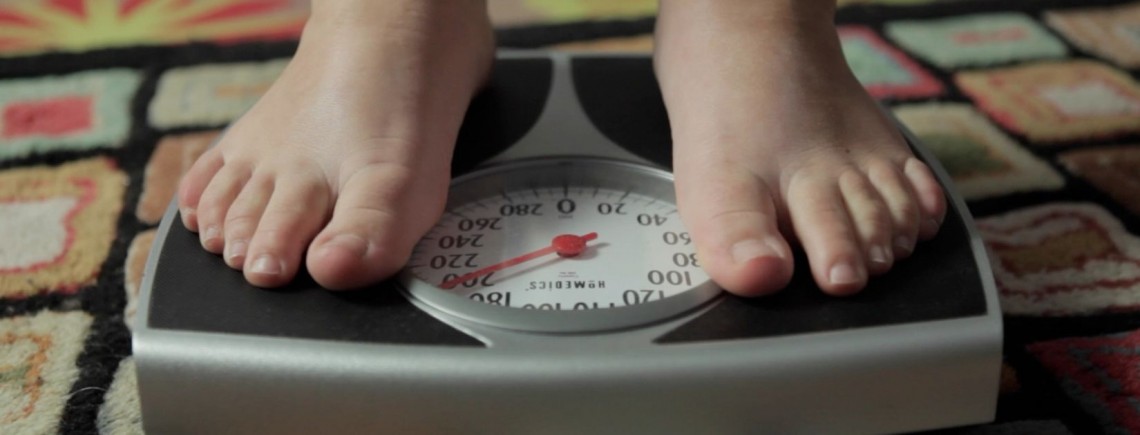Fed Up: Documentary Review
People constantly say they are fed up about things: the traffic they drive through to commute to their jobs; their strained relationships with people, money and their health; the government who seems to operate in a completely different vortex than the average person… etc. On average, we hear people complain day in, day out, but rarely do we see action. When we do see action, it’s often in the form of grassroots activism, union strikes or, sadly, civil war. We rarely see people who we think are inside the ‘system’ step out into the limelight and expose their own insights; but that’s exactly what popular American television journalist, talk show host and author Katie Couric has done. She got fed up with reporting on the obesity epidemic, so she decided to do something about it. She made a scintillating documentary called Fed Up, which is currently in select theatres across North America.
Fed Up is nothing short of scandalous because it has the chutzpah to scream: junk food is bad for our health, it’s making people very sick and it’s only getting worse! In fact, as you watch the documentary, you keep thinking that big brother is going to turn on the theatre lights, stop the projection and tear gas the room so that people get out fast and stop learning the truth about these evil corporations that put public health at risk every second of the day. And, of course, the theatre is full of people munching away on popcorn that’s laced with salt and hydrogenated oils, sipping carbonated drinks full of tablespoon upon tablespoon of refined sugars, and munching on candy and chocolates that keep share holders extremely wealthy and powerful. Get rid of junk food and you’ll put people out of jobs and bankrupt lots of corporations. It’s complex economics to say the least.
Scene after scene, interview after interview, you see how truly powerful junk food companies are, and you are exposed to – rather, reminded – that their number one goal is private profit. The film doesn’t go after and attack the ridiculous notion that junk food is even considered food; that’s great fodder for a follow-up documentary. Instead, the film shines bright hot lights on the sugar industry that is sacrilegiously pumping sugar into anything it can: yogurt, crackers, tomato sauce and anything else you can imagine not requiring sugar… But the label promised you all natural ingredients, did it not? Yep, all those seemingly wholesome foods, whose labels include words like ‘organic’, ‘natural’ and ‘healthy’, are often just as unhealthy as the junk food you’re avoiding in the name of healthy eating.
Fans of Couric’s rich, tell-it-like-it-is voice will appreciate the fact that she’s the narrator. Yet, much of what she has to say is deeply disturbing. One of the creepiest things Couric states in the film is that “95% of all Americans will be obese in the next two decades”. Travel to the United States and you immediately see that the obesity epidemic is in fact raging through that nation. The film uses a still image for a price comparison. It’s a take-out hamburger meal for four vs. a home cooked meal of chicken and salad, and the healthier meal comes in at a lower price point. In our opinion, there should have been way more of these types of comparisons in the film; they should have shown typical junk food family meals, like Kraft dinner vs. homemade macaroni and cheese, to highlight that the homemade version ends up being more economical and way healthier. On the other hand, the film does do a good job on following the progress of a couple of obese families who try sugar-free menus and homemade cooking trials.
In order for this film to be a game-changer and make in roads in the field of food education, it needs to be shown in elementary schools, universities and at health centres. The film is rated PG, and we’d definitely be comfortable saying that it is suitable for children ages 10 and up. Junk food is so widely available that we have become numb to its prevalence at corner stores, gas stations, next to the check out line in the grocery stores, even in hospital vending machines! The film compares the junk food conversation we need to have now to the one we had several years ago (and are still repeating) to make people understand that smoking is life threatening. Junk food is a powerful industry, but we do have the power to change its course. See the film a couple times, Tweet about it, post to the film’s Facebook page: there are many ways to advocate for change.
Watch the trailer here.
Good luck.



